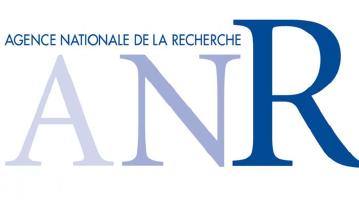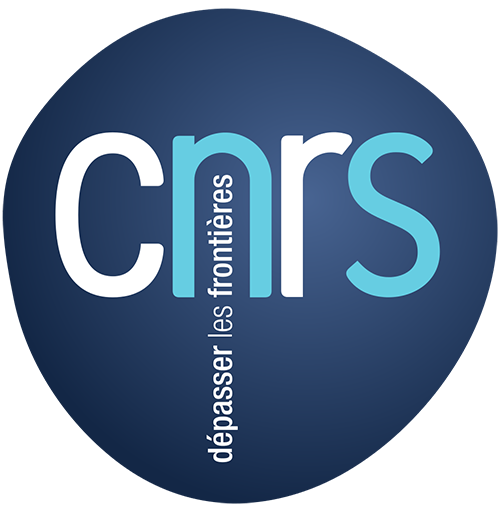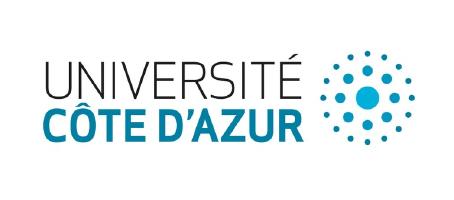- Impact and benefits of the project
-
The first scientific field in which the “Smart IoT for Mobility” project will have an impact is the electronics and computer science field. The project’s results will have a strong effect in all the embedded system that needs to be in contact, by any medium, every time and in a trusted way.
The second field is the economic and the especially experimental economy field where this project should be the first life-size test of a multidisciplinary experience for the computer and electronic community. The last field is of course the legal and law field where the adoption of new technologies will have a strong impact on our lives and thus, must absolutely be reviewed by the law.
Concerning the technological transfer, this project has a real impact on the vehicle constructors, where the blockchain is studied extensively for having a real impact on the mobility of users. The result of this project is expected to be in the roadmap of Renault. For Symag, the real gain will be in the Blocksy API licences that could be adopted by the embedded systems builders.
It is obvious that the SMART IOT project should be one of the first truly transdisciplinary approaches to a new, much more participative and cooperative economy, between human actors and integrated services within objects or cars, which should be the main societal innovation in the years to come. Smart contracts are becoming more and more necessary both for users of mobility services but also for a whole lot of other services such as e-health, travel, assisted visits, etc... Smart contracts would be in this case the assurance that a good that would be bought by anyone could be guaranteed, and when this one is a service the benefit for the whole population becomes obvious.
But these smart contracts can not be disconnected from the concept of transaction chain – or blockchain – because it is the only way to ensure that a smart contract can be guaranteed without error. The smart contract that a service offers us is the one that has been edited by the developers. The concept of blockchain is therefore vital both for smart contracts but also for service users! The citizen economy, with no other trusted third party than the service provider, is essential for the future and this will necessarily involve transaction chains.
- Dissemination
-
Most of the research that will be carried out in this project will be mainly based on open source software available in open access. In addition to the information that has been given so far, we would like to inform the ANR that the entire “Smart IoT for Mobility” project will be hosted on a WEB site, to disseminate as much information as possible about the project but also about on a GIT Lab site, hosted by the University Cote d’Azur, which will be, at first, strictly private and shared by the partners of the project. In addition, all work intended to be published or work intended for the general public will be hosted on the Overleaf website.

Université Côte d'Azur


















